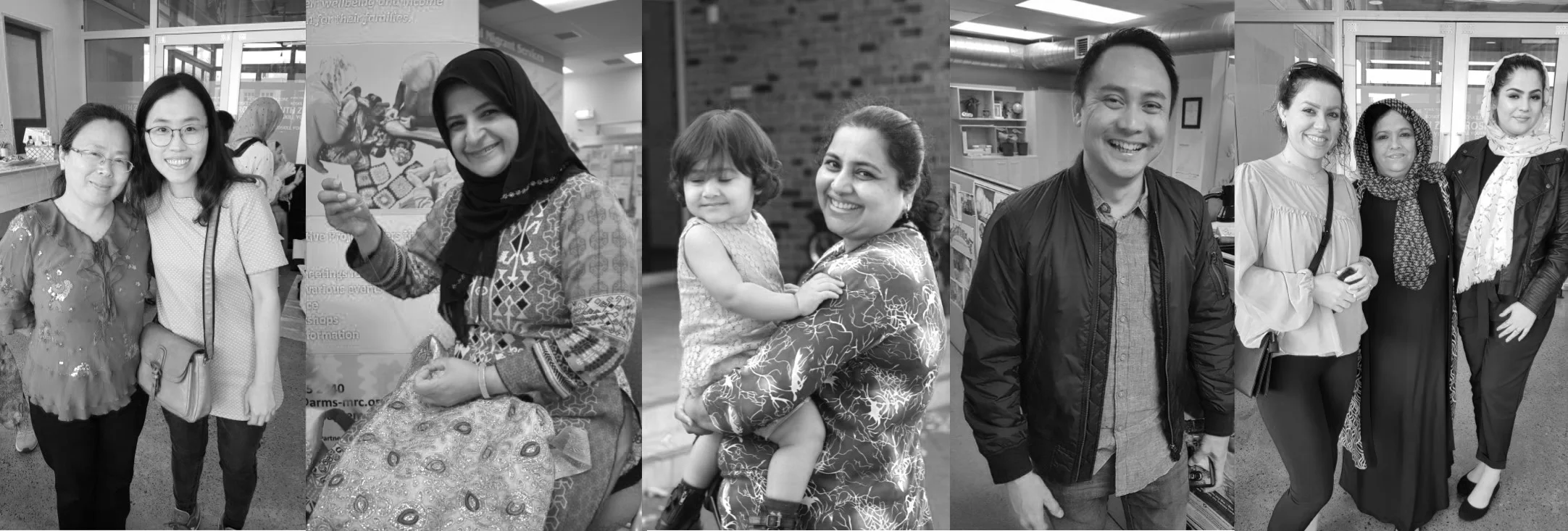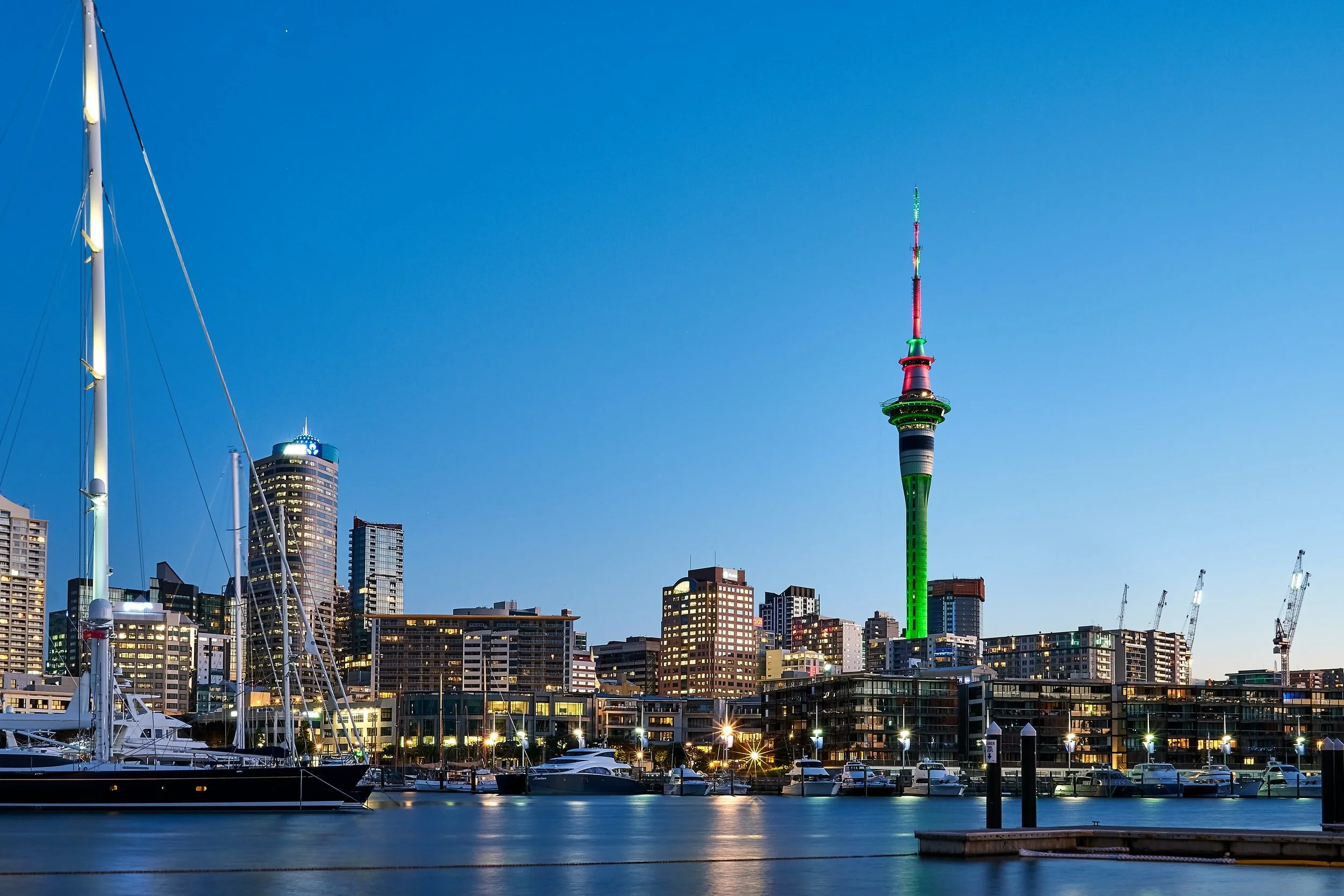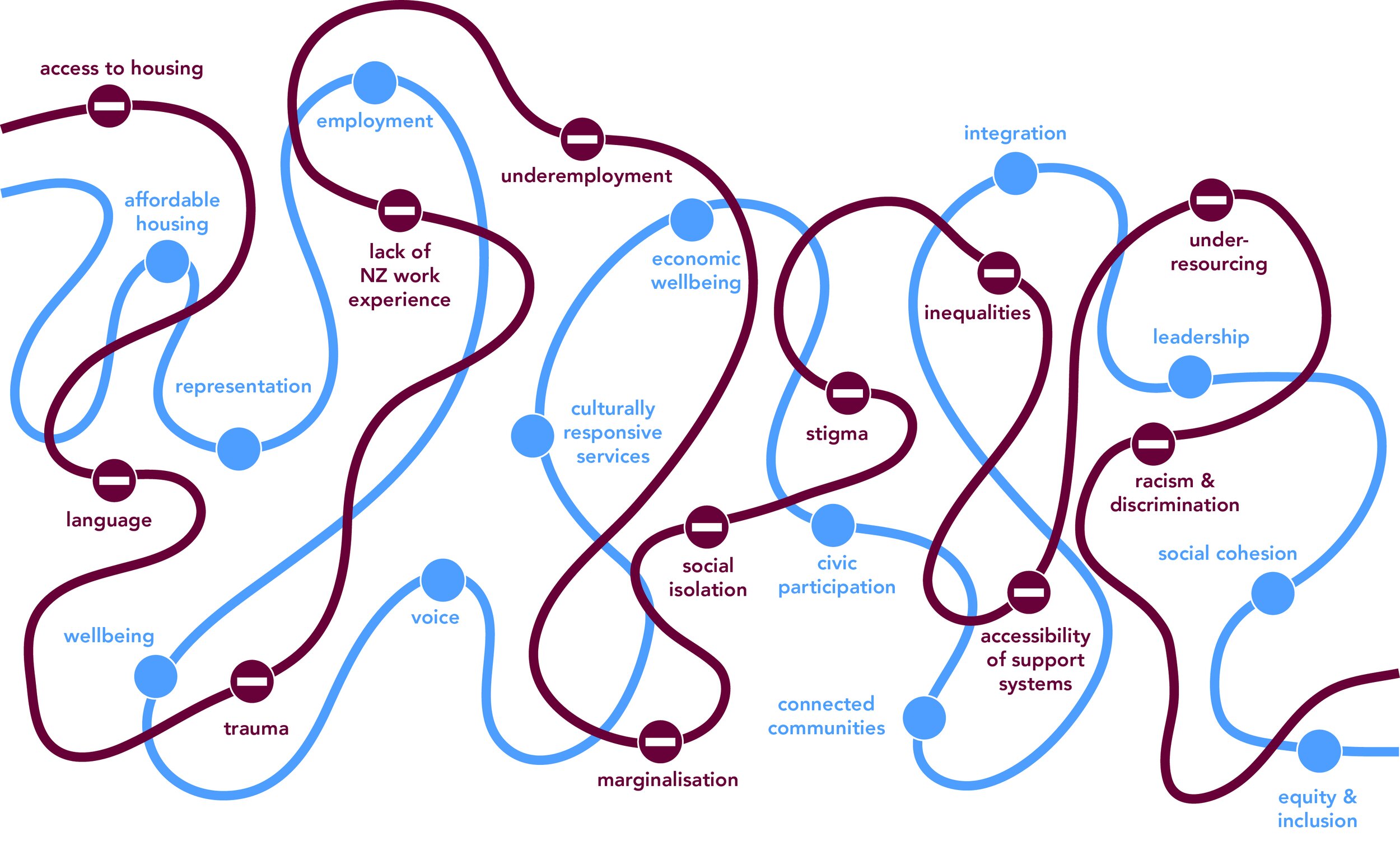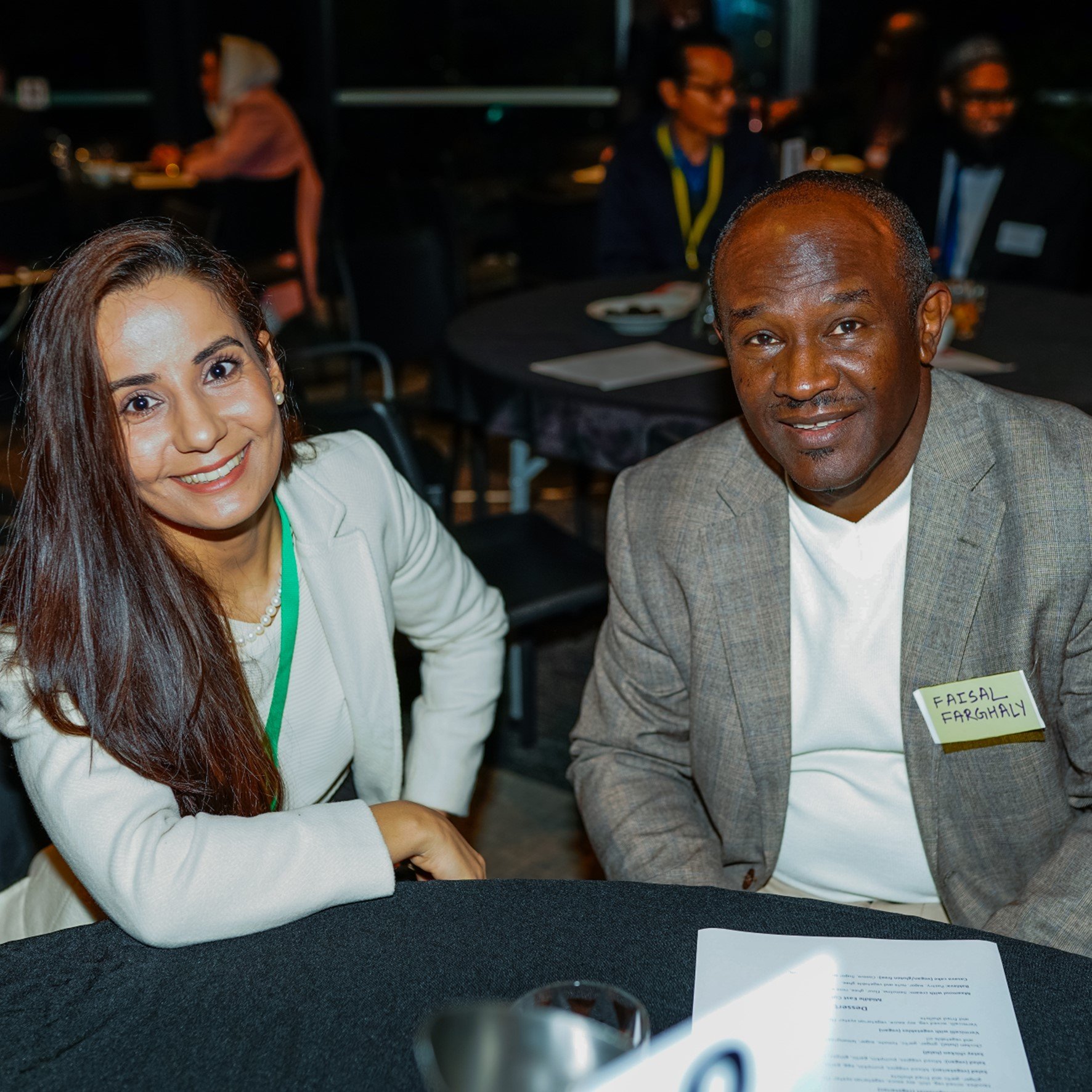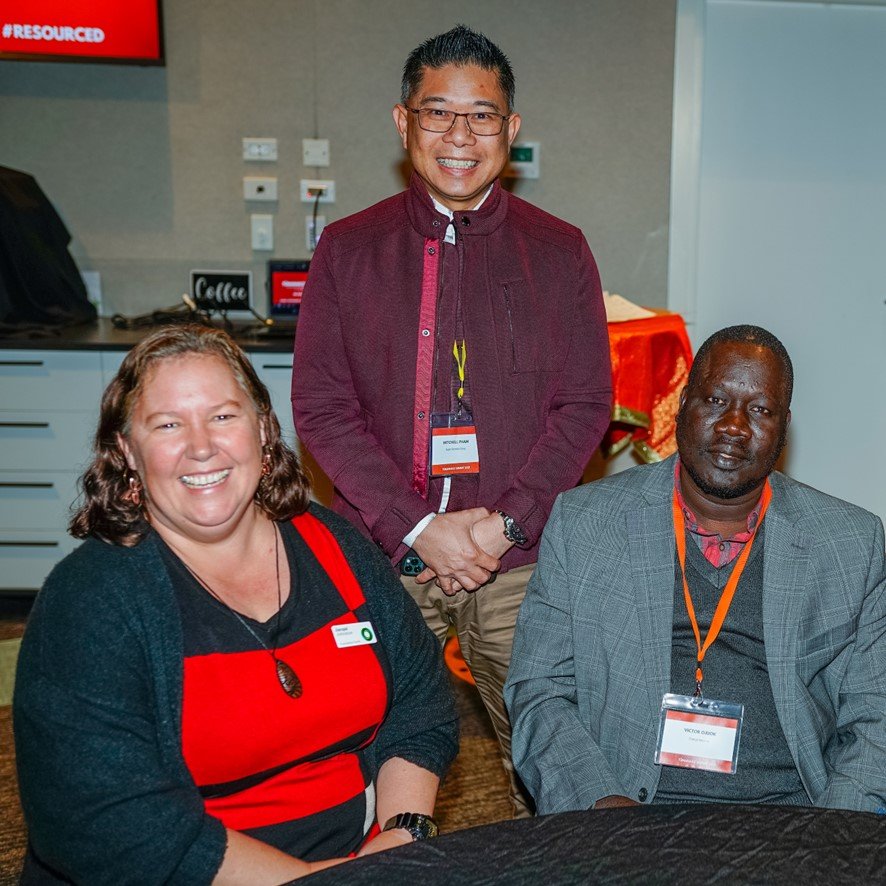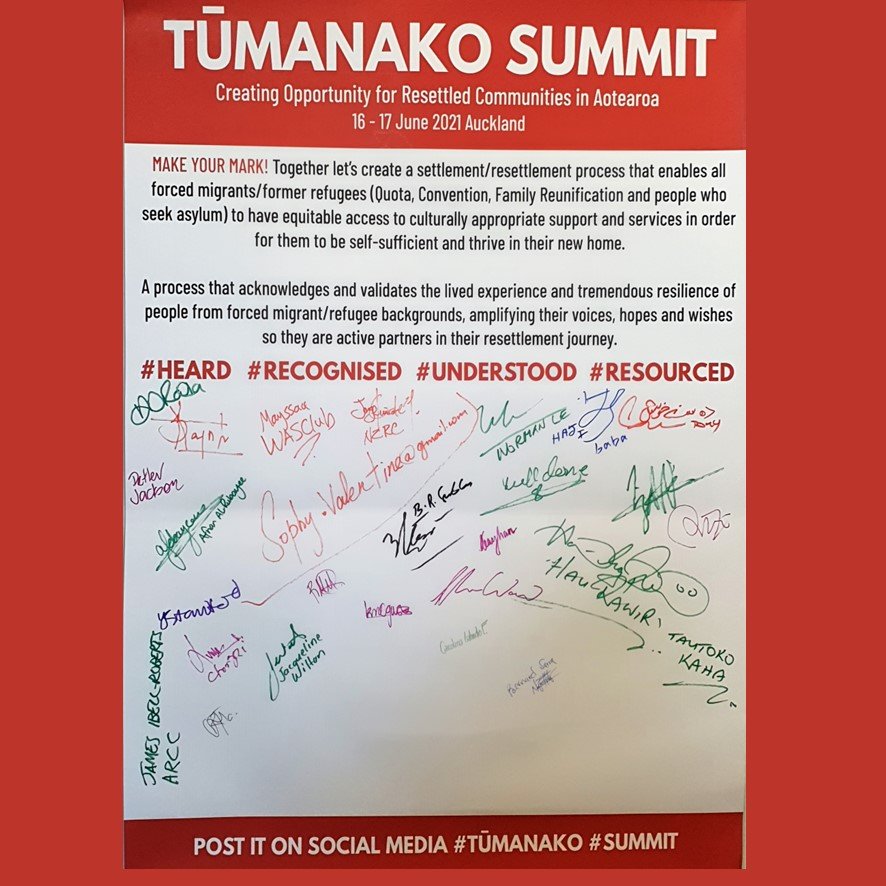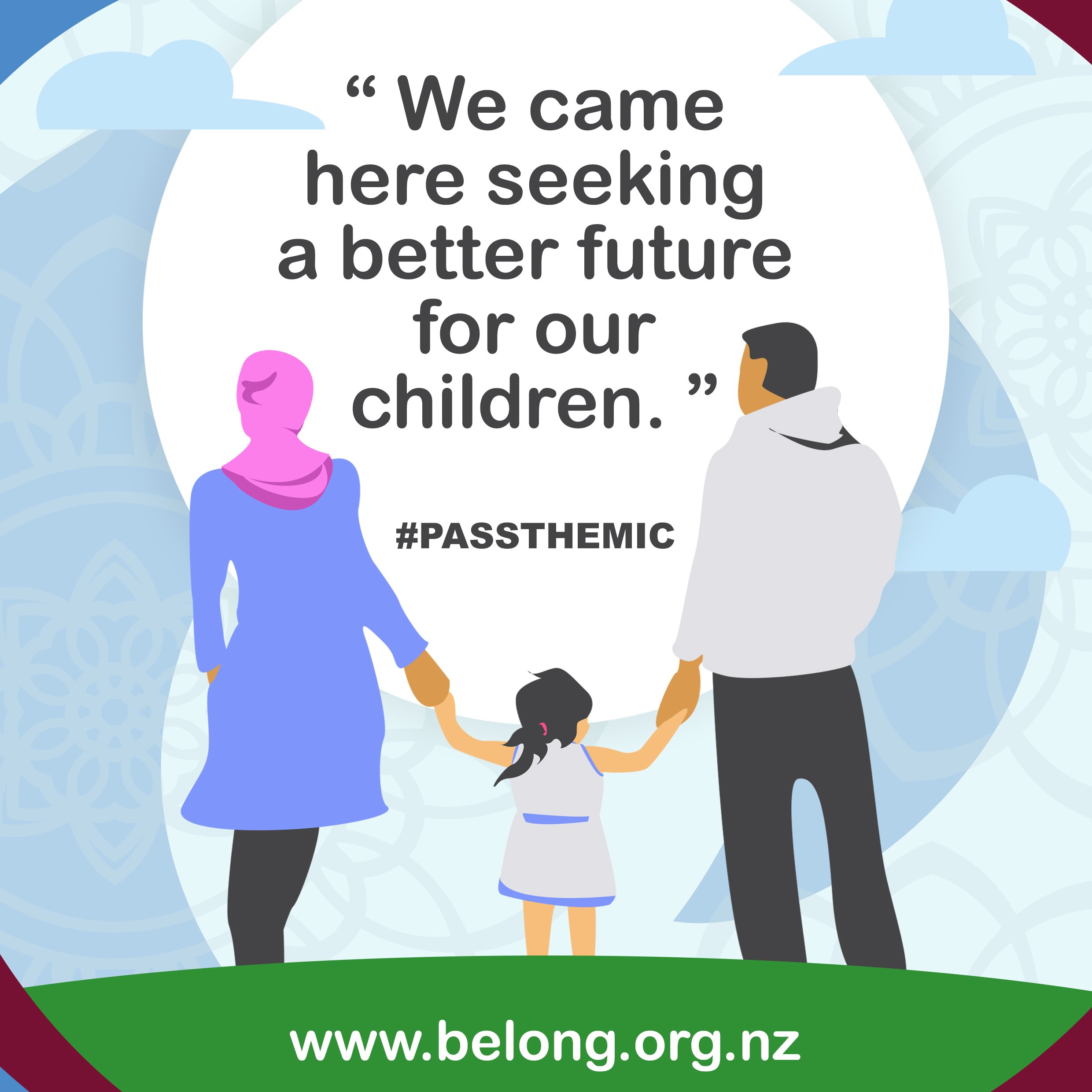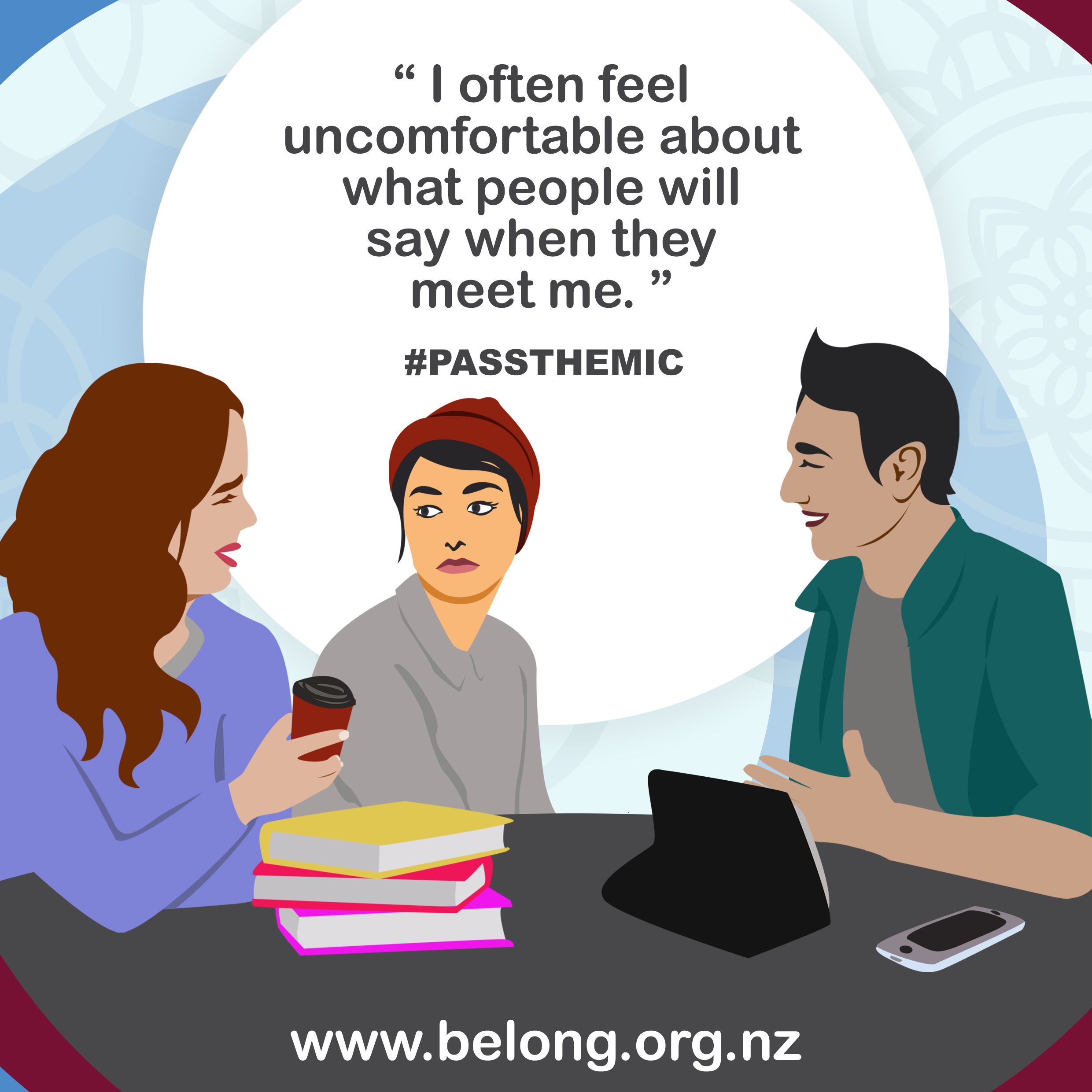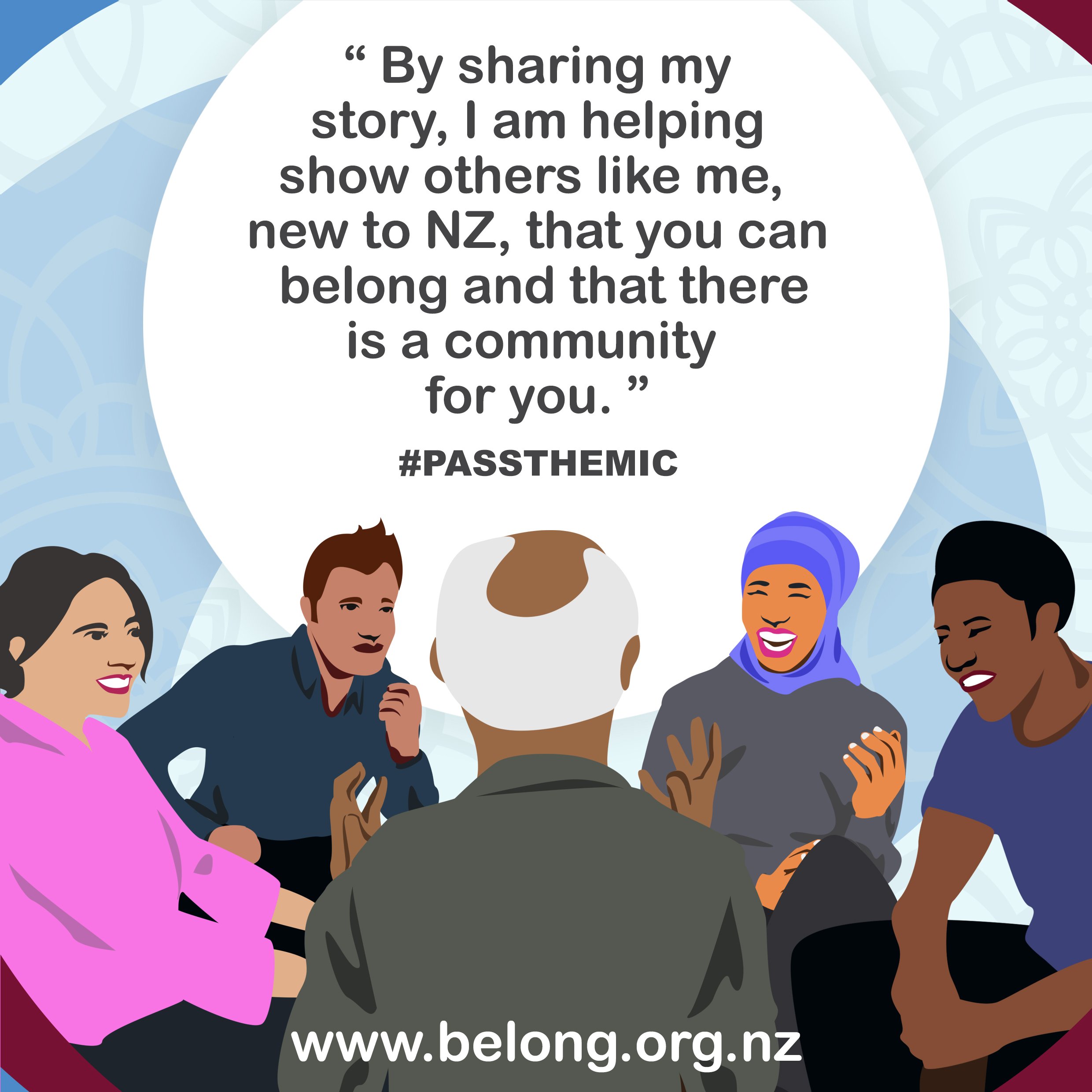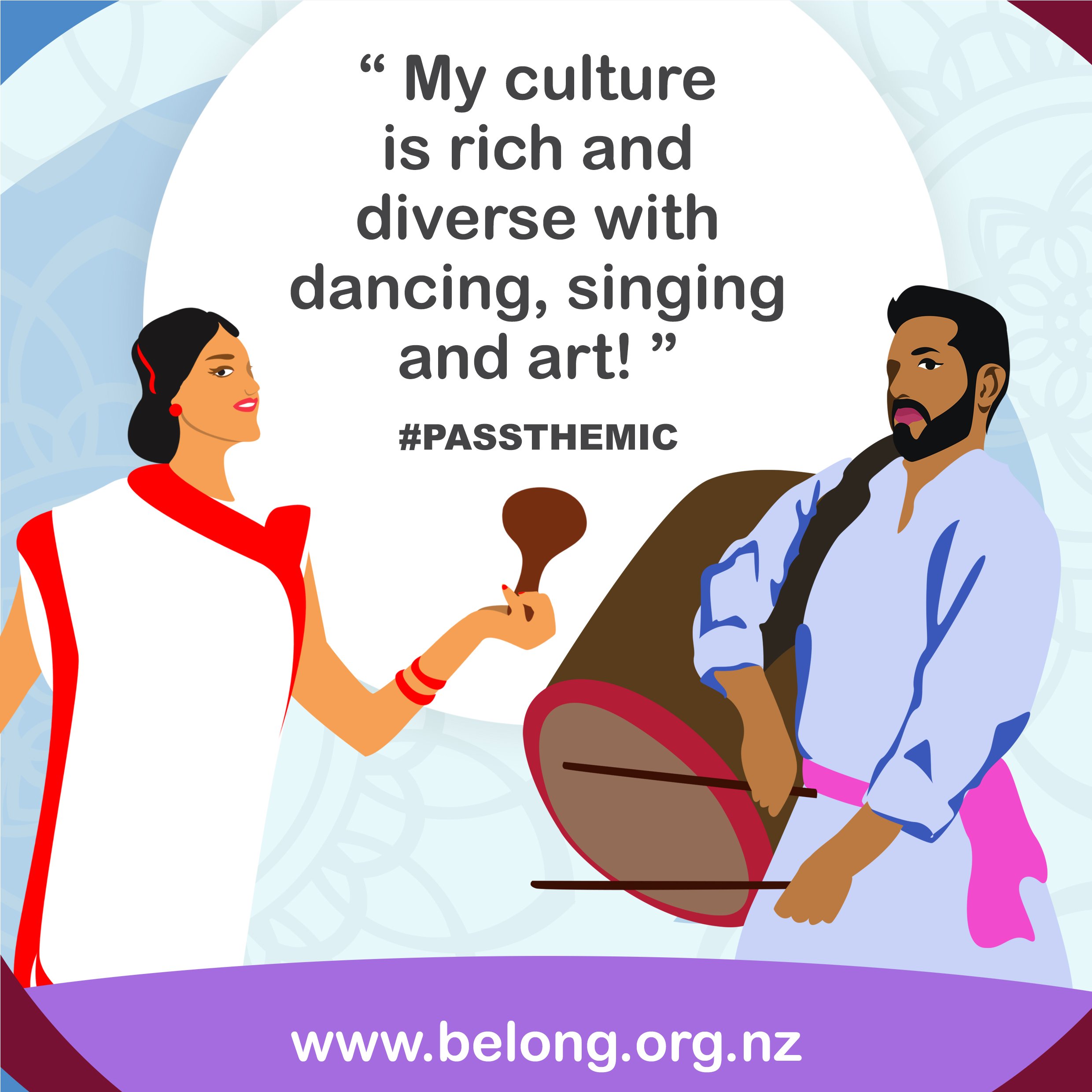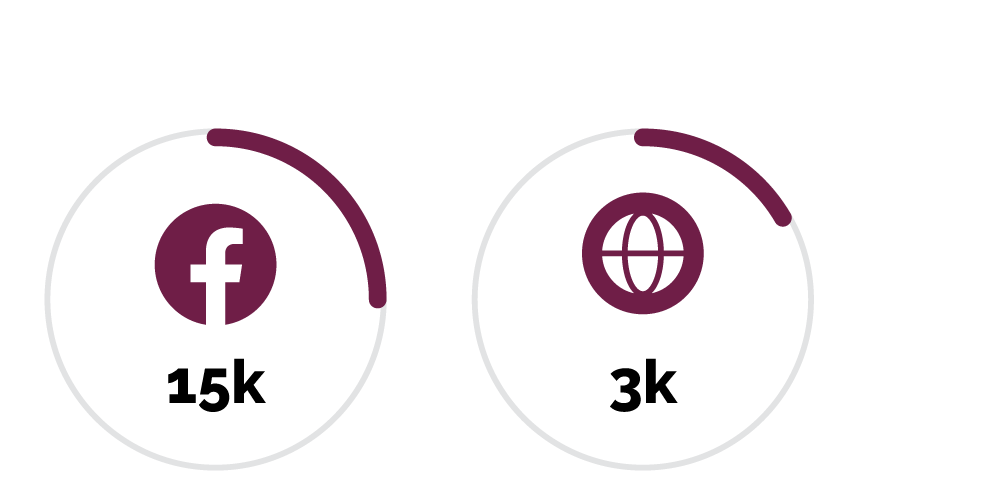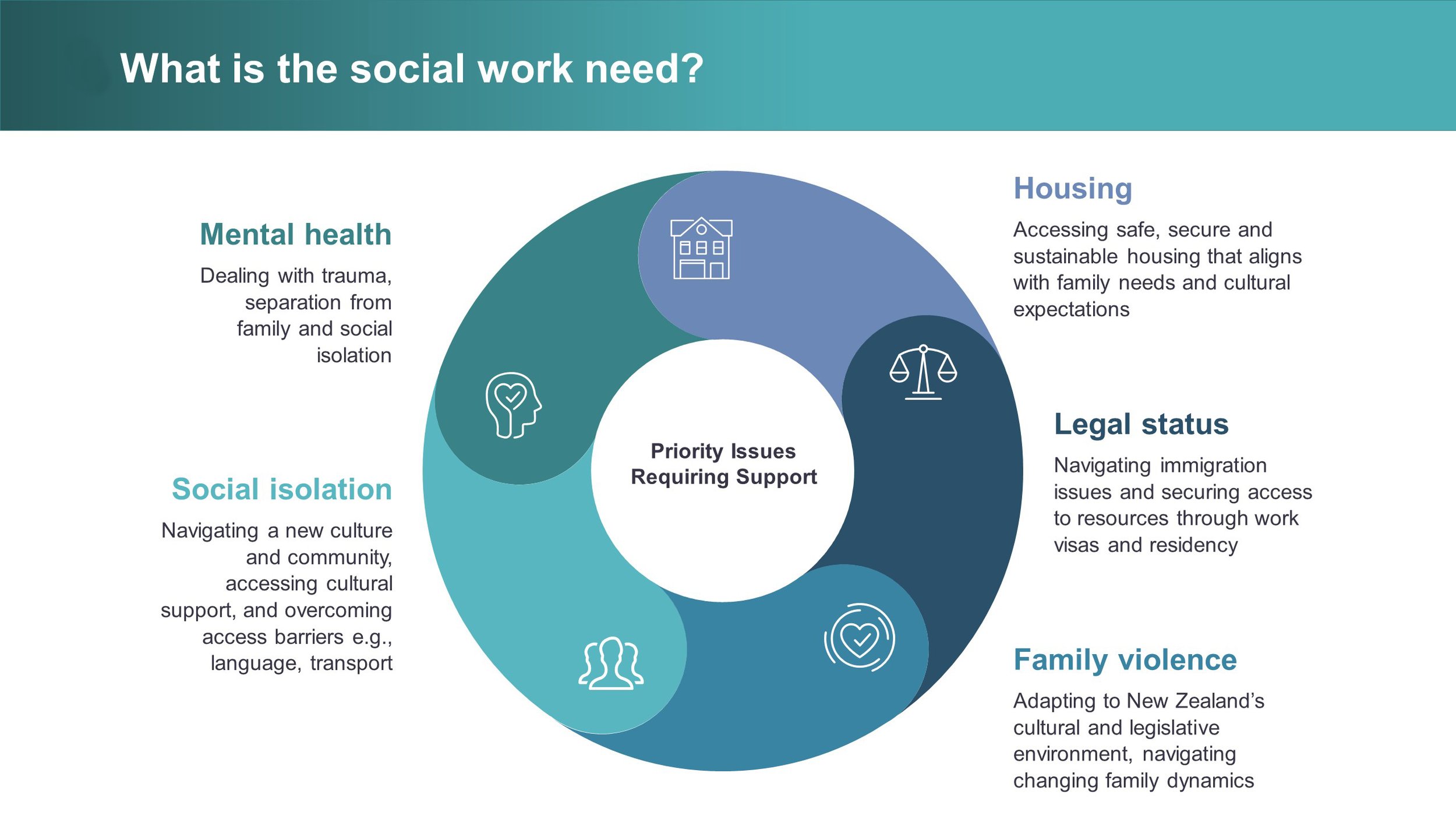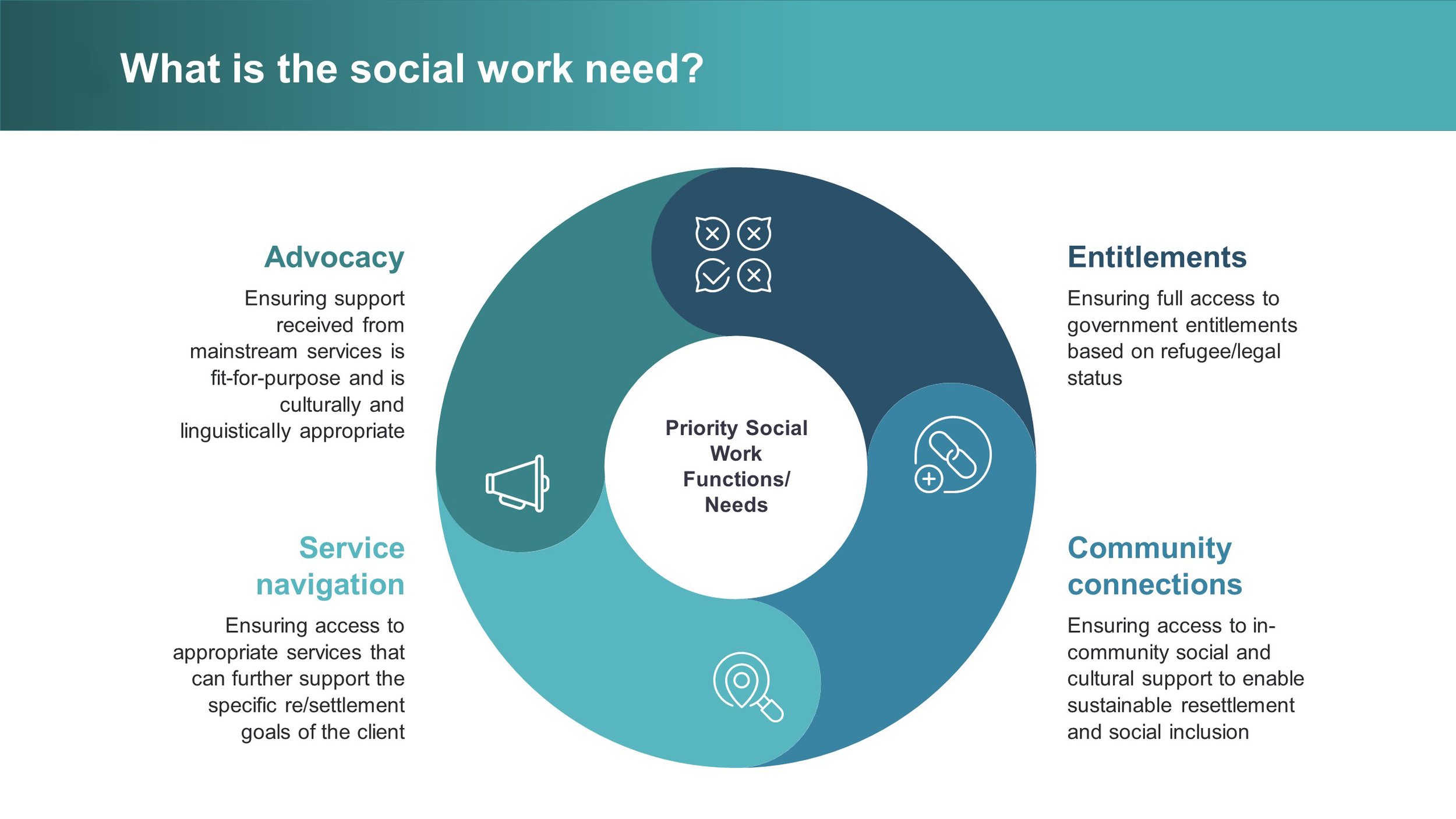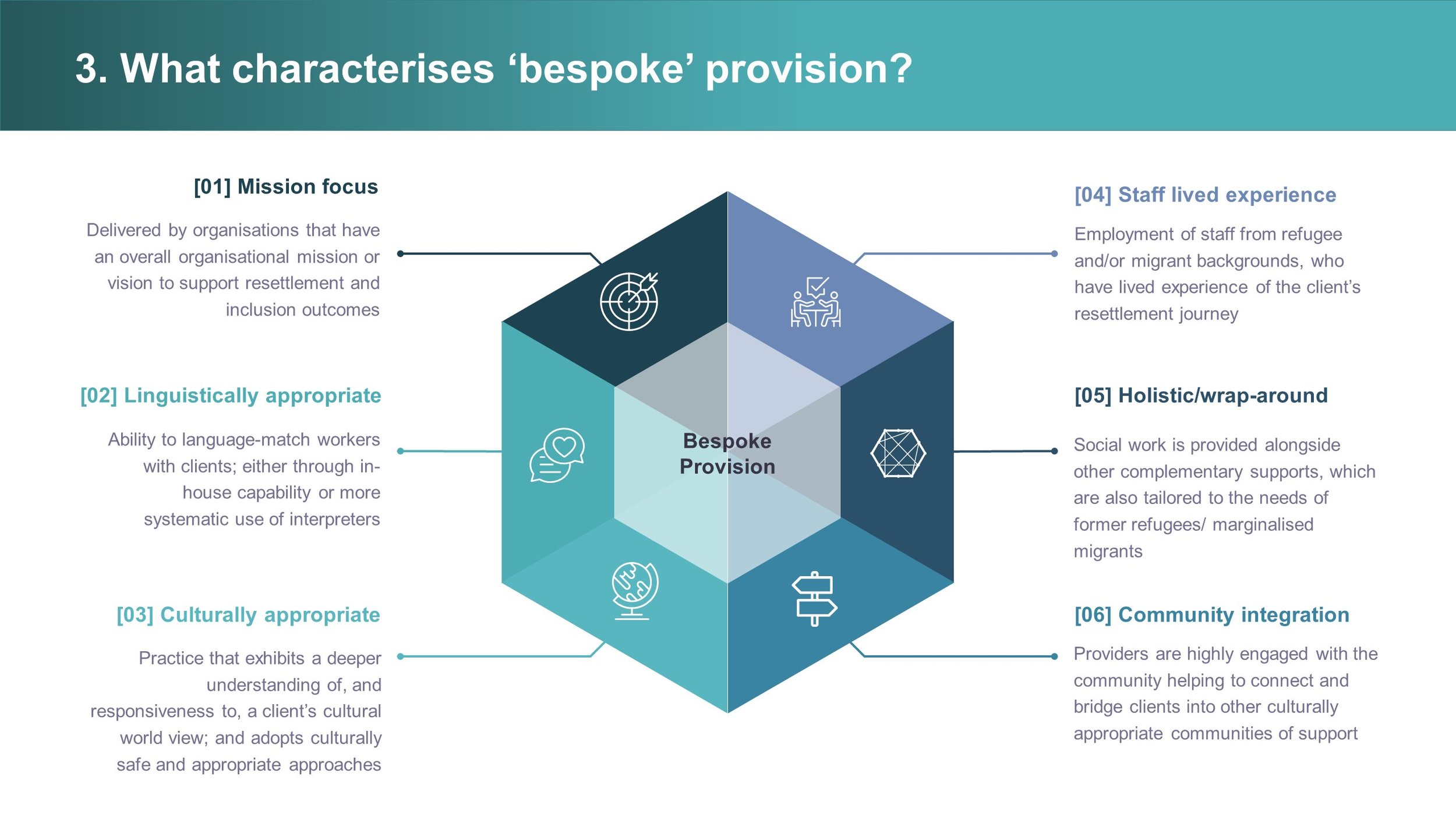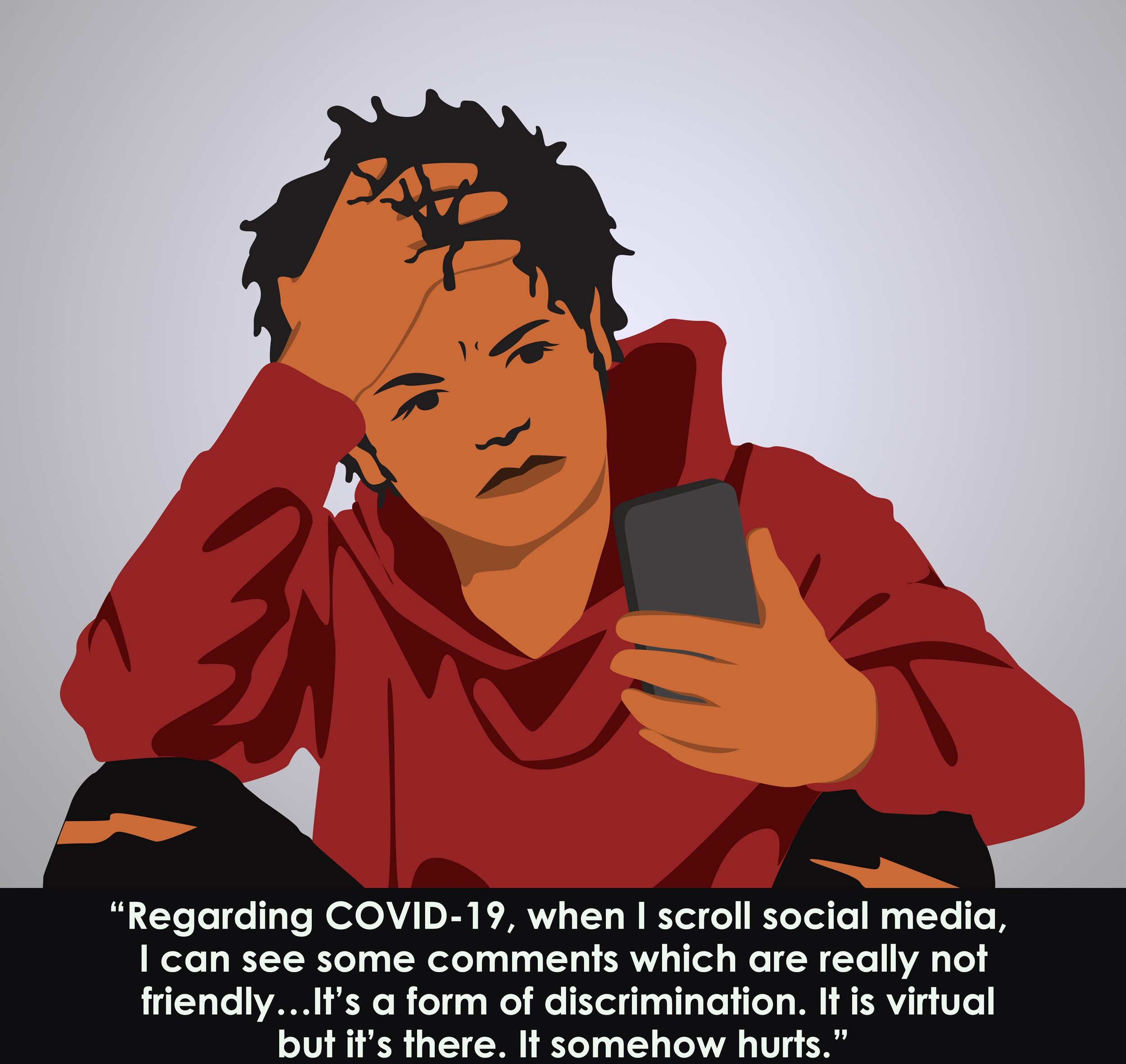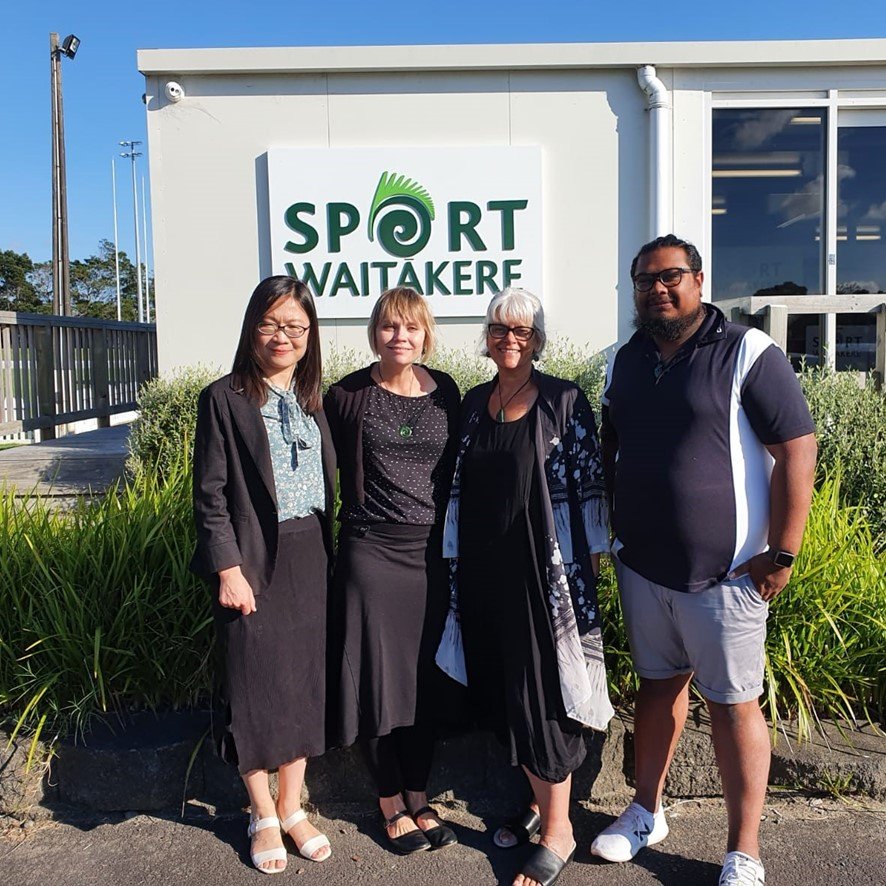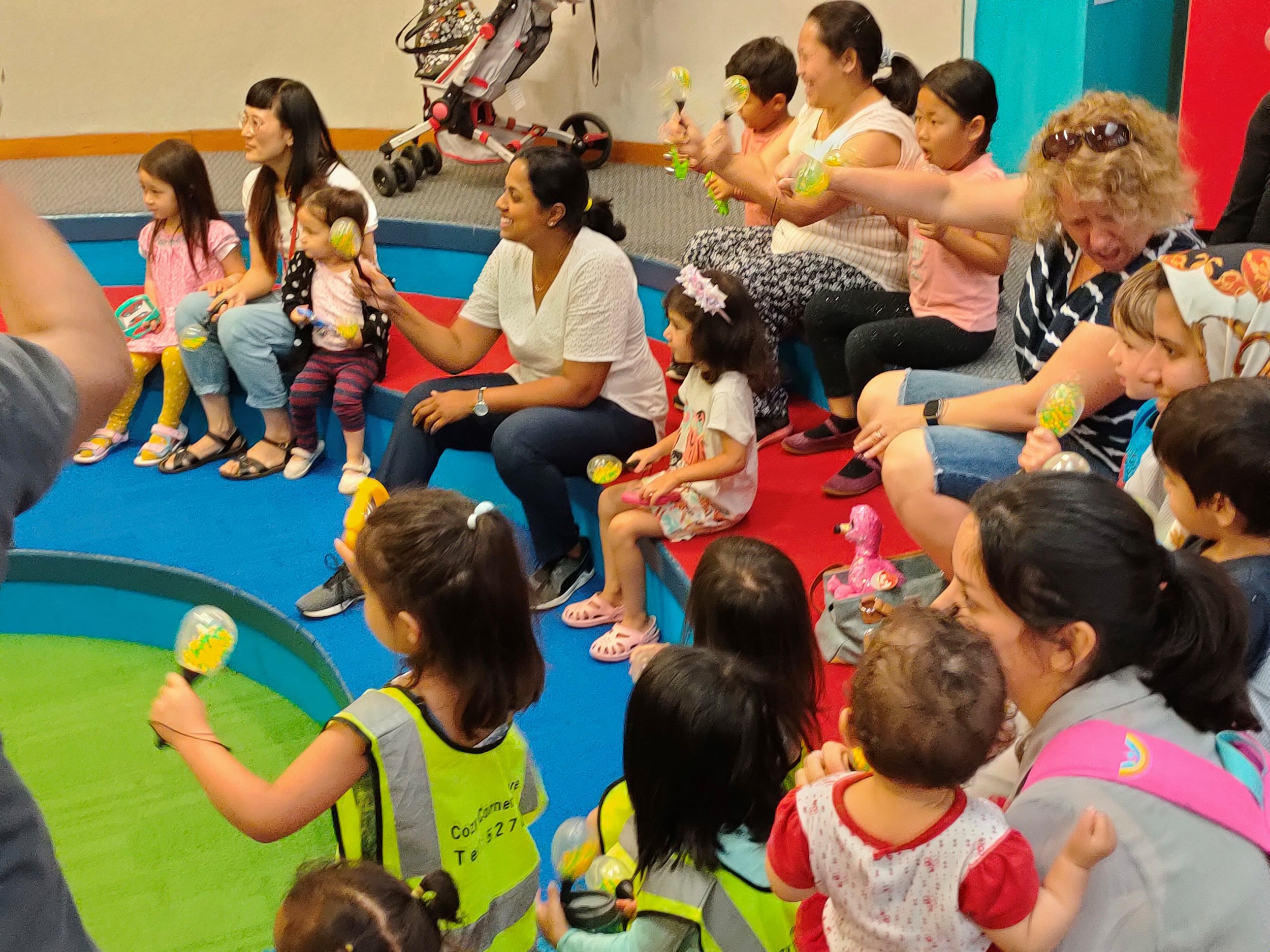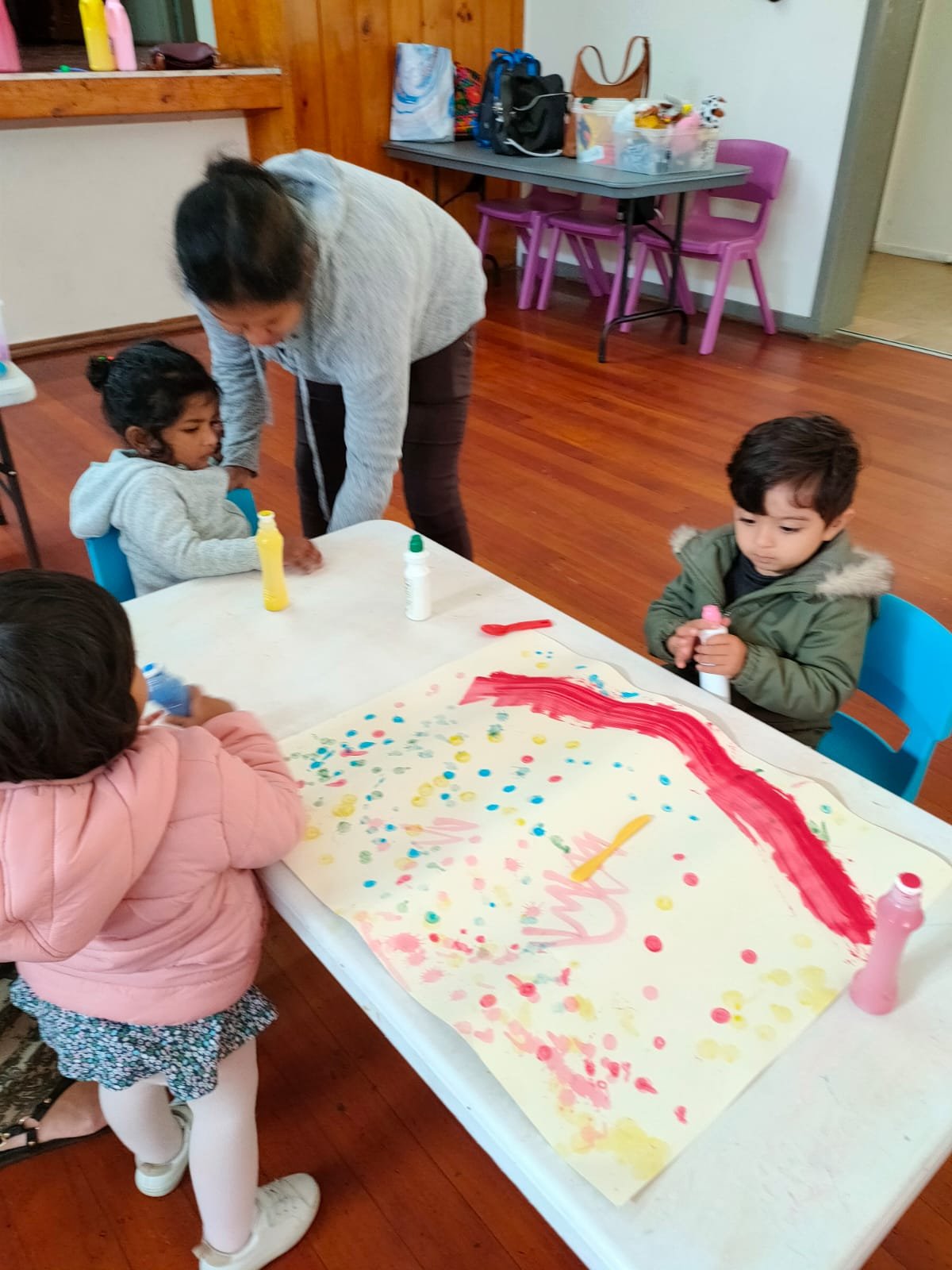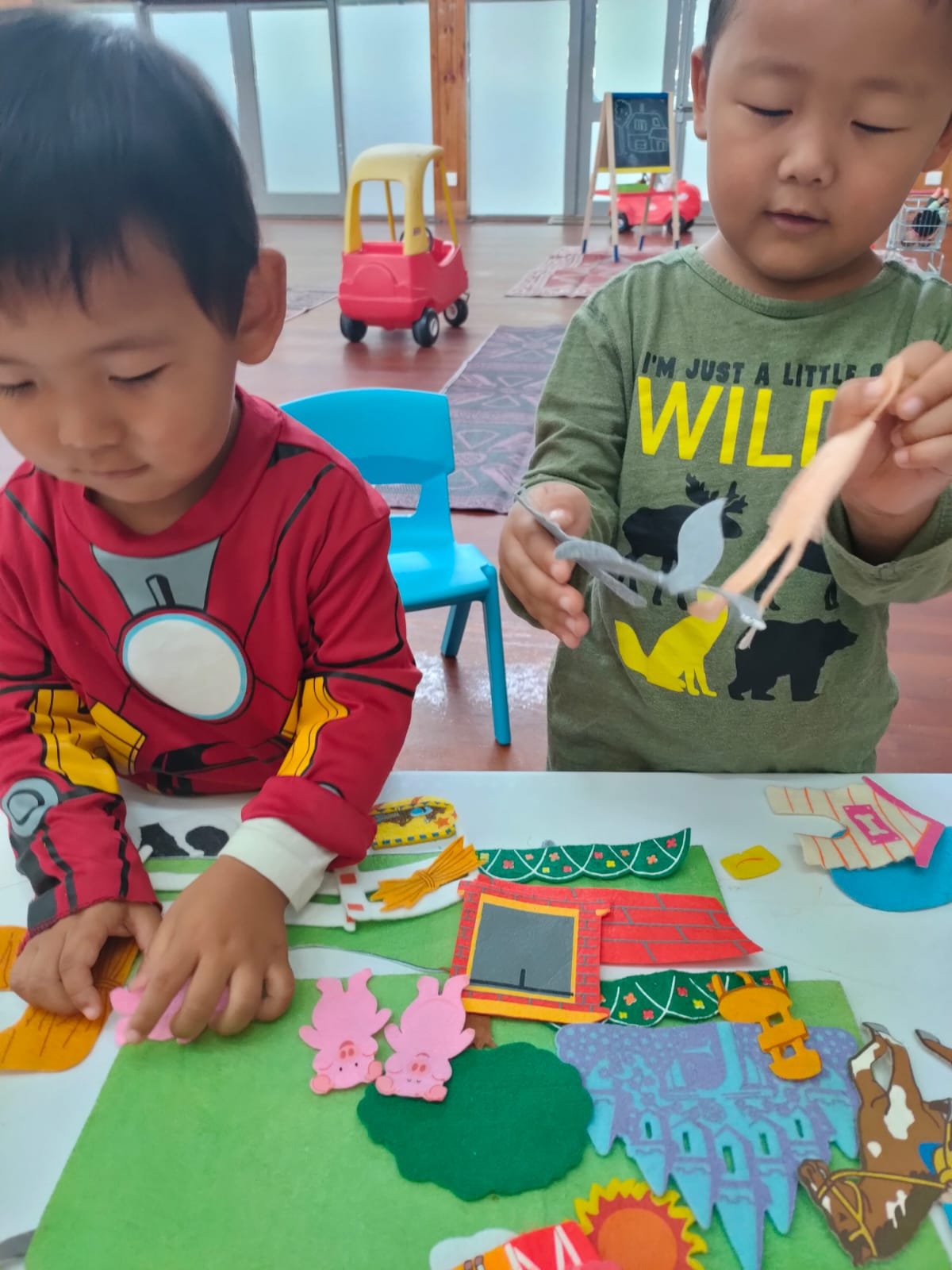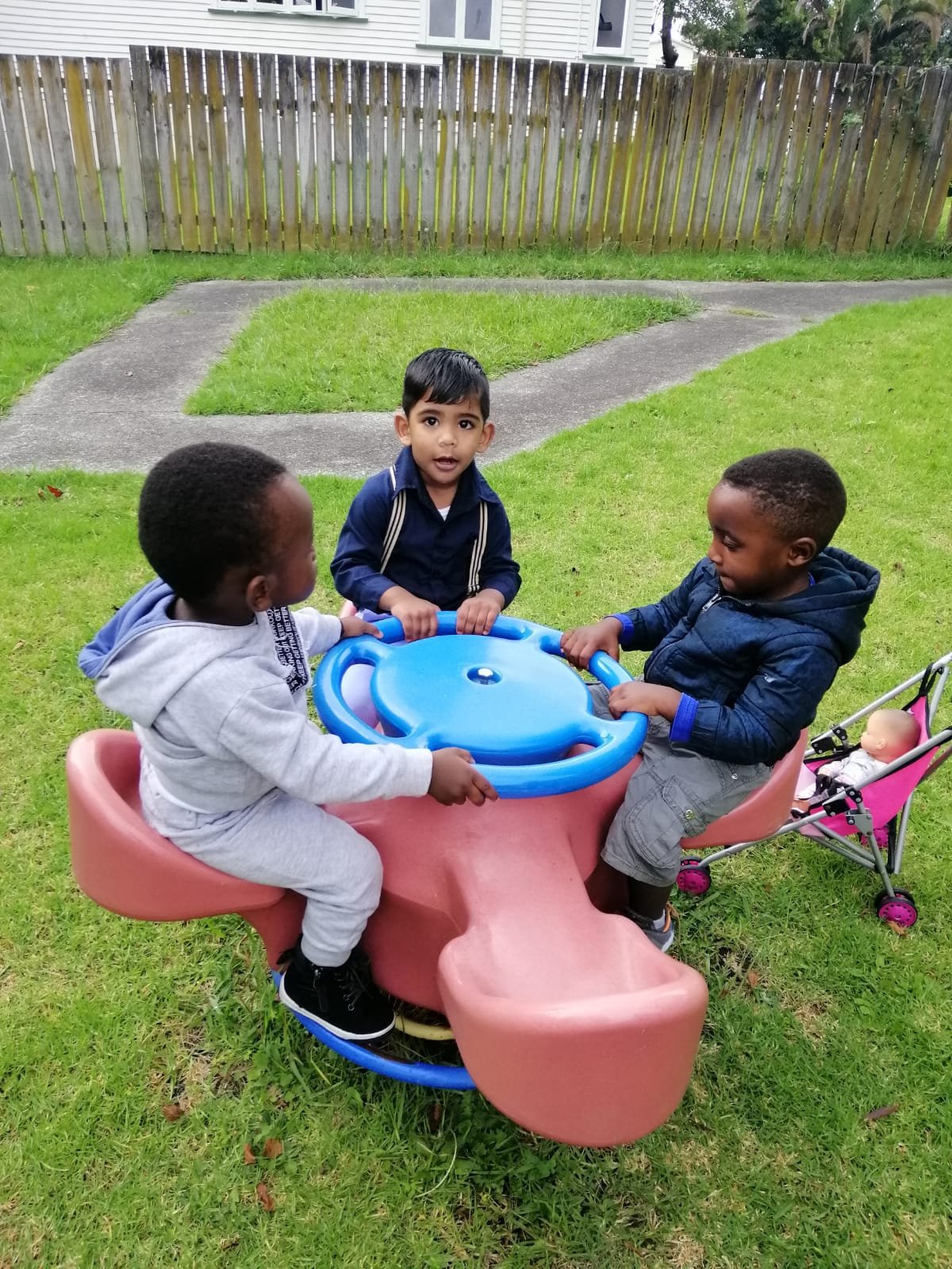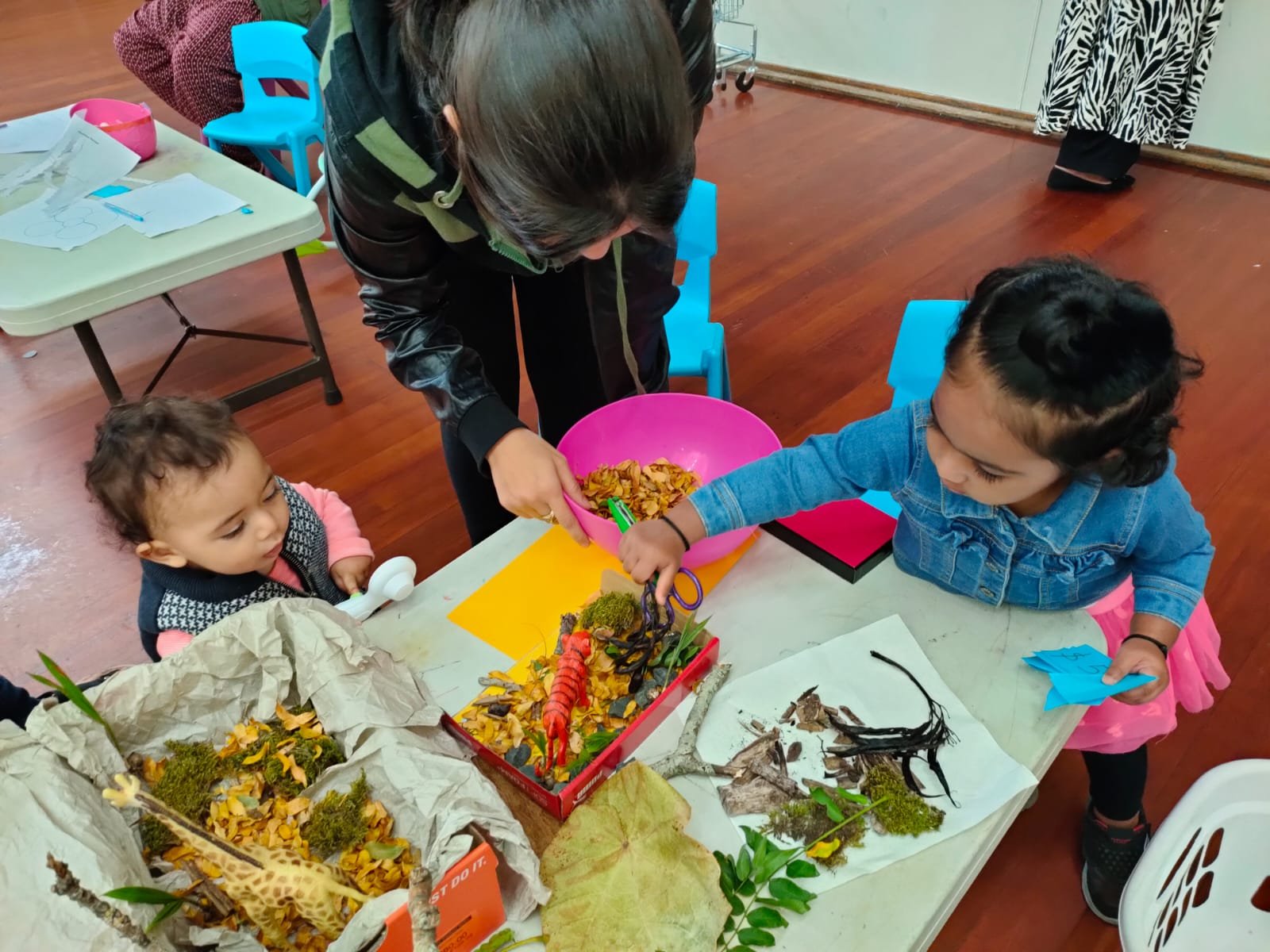Foreword from the Chair
Tēnā koutou katoa,
Welcome to the Belong Aotearoa Annual Report, and I am proud to introduce this report at the end of my first year as Chair of the Board of Trustees.
This is also time to reflect on the first three years of our strategy of systems change and innovation. The Board has been reflecting on the successes of the approach, and the learning that informs us as we look to the future. I am excited about the strategy refresh that we are about to undertake, building on the work to date.
We are grateful to our funders for their acknowledgement of the need to shift the conditions that hold inequity in place, and their faith in Belong Aotearoa to take a leading and wayfinding role in this work.
I would also like to acknowledge and thank my fellow Trustees; Lynette Adams, Dr Elizabeth Fitton-Higgins, Deborah James, Nurain Janah, Tayyaba Khan, Taufil Omar, Maretha Smit, Rahul Watson Govindan, who have given their time, their expertise and their heart to this mahi.
I fully believe in the path we chose to bring us to where we are now, that has focused on:
working towards equitable access to employment and enterprise for people from migrant and refugee backgrounds
reducing social isolation experienced by women from refugee and migrant backgrounds
identifying and reducing the gaps and barriers to collaboration within the ethnic community sector
reducing the barriers to civic participation and integration caused by wider societal attitudes and discrimination towards newcomer communities.
Rochana, our Chief Executive, and the team have worked over the past three years in previously uncharted territory with curiosity, passion and commitment. I am very proud of the body of work the team has delivered again this year, working collaboratively with the communities we serve and our partner organisations, that you can read about in the report.
In 2021, the global pandemic, including the current (as I write) Delta outbreak, has continued to expose the entrenched inequities that are well-known to those who live and work in our communities.
Over and above the impacts within Aotearoa New Zealand of COVID-19 and resulting lockdowns, the lack of ability to travel out of and into the country to be with family members, impacts migrant whānau and communities at the most fundamental levels of human connection. For many in our team of 5 million there have been long periods of separation from family, as well as uncertainty about their own visa and employment positions. Anxieties have been exacerbated by events around the world, including the resurgence of the Taliban in Afghanistan.
There are positives. The establishment of a Ministry for Ethnic Communities and the immigration policy review present opportunities for the voices of migrant communities to help shape a future Aotearoa that acknowledges the value of diversity and inclusion and treats human beings as more than units of production.
I’m proud of the role that Belong Aotearoa plays in bringing together communities and colleagues from across the sector. Collectively we are stronger. We don’t have to agree on everything - our diversity is our strength - but with shared values and a focus on listening, learning and inclusion, bringing together our skills and knowledge, together we can lead a shift in Aotearoa New Zealand, a place where we all belong.
Nāu te rourou, nāku te rourou ka ora ai te iwi.
With your food basket and my food basket, the people will be well.
(Māori whakataukī)
Ngā manaakitanga,
Tracey Moore
Message from CEO
During the past year I am grateful to the Belong Aotearoa staff who quickly adjusted to lock down and identified ways we could support the communities, pivoting to webinars online mat times being very resourceful and creative, as well as working with different providers to bring updated information access to services and practical support. And at the same time, we have seen some of our early systems change work coming to fruition and a deeper understanding and insights of the challenges that the communities we work with face, for us our work has had three themes over the past year.
· Collaboration · Amplifying voices · Advocating for change ·
In this report we highlight some of our work we have done including, collaboration with others trailing and testing new ways of working to address some of the persistent barriers that become a challenge to the communities we work with. The work we do isn’t easy at times, not just because of the challenges but also from hearing the lived experiences of the inequalities people experience every day. Yet through this work we add to our insights that guide our work. For example, our research on the impacts of COVID on migrants helped give us a map and give emphasis on key areas we needed to focus on or more on, which included racism, access to information, job insecurity.
There have been many highlights that are illustrated in our annual report. I would like to acknowledge some of the collaborative work we have done and are starting to do which is key for us in creating inclusion and a true sense of belonging. Collaborations such as the Tūmanako Summit with ARSSG and ongoing work with Te Ohu Whakawhanaunga broad based Alliance; examples of work that has provided opportunities to share knowledge, develop our understanding and experience of our communities, and of what collaboration can look like.
Thank you to our funders who enable us to resource this work and for our Board who continue to provide intelligent guidance, support, and oversight of Belong Aotearoa initiatives. Our work is evident of not only the passion of our staff and strength of community, but also of the support and belief in our kaupapa, that pushes for an Aotearoa, where we all belong.

